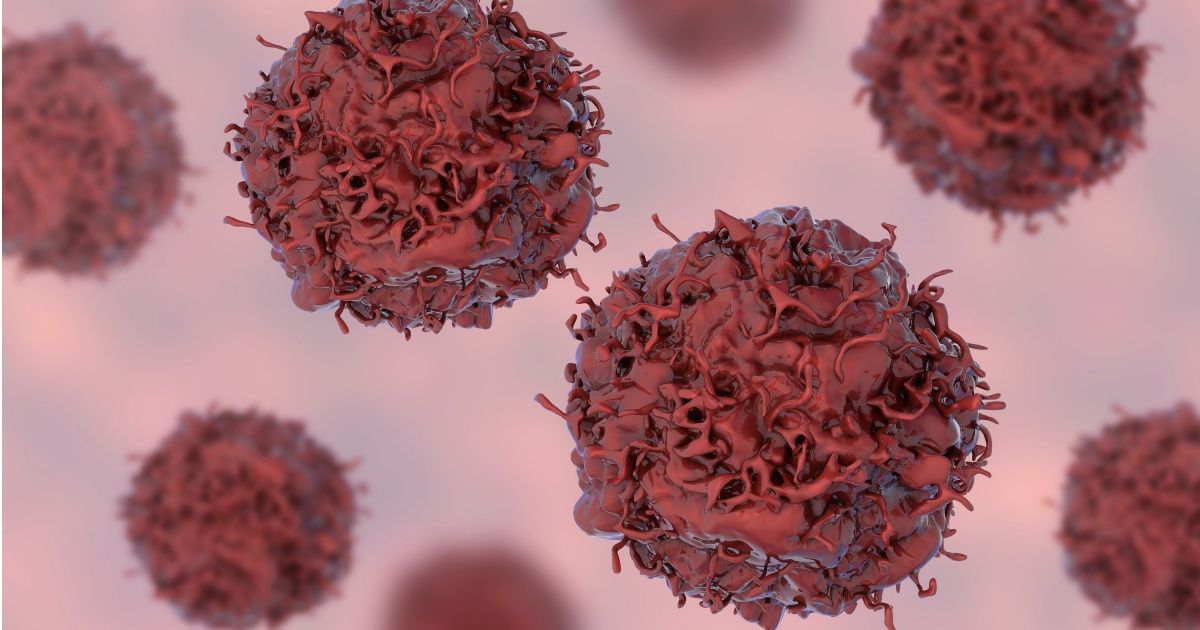The cancer-treatment paradigm may have just shifted.
According to a new study, Australian researchers have created a blood test that can detect cancer anywhere in the body within just 10 minutes. A team at the University of Queensland found that when cancer is placed in water, it forms a unique DNA structure that can be tested for, yielding results far earlier and faster than present methods of cancer detection.
And there are no limits to where the test can detect the disease in the body. A member of the research team, Professor Matt Trau, said in a statement:
"Discovering that cancerous DNA molecules formed entirely different 3D nanostructures from normal circulating DNA was a breakthrough that has enabled an entirely new approach to detect cancer non-invasively in any tissue type including blood."
Trau also said that the test requires just "one drop of fluid," and is so simple it allows detection by the naked eye. The test also has some startling numbers: It takes just 10 minutes to complete and detects with 90% accuracy.
And the breakthroughs don't stop there. Trau went on to say that these discoveries may lead to a day when we're all holding cancer-detection technology in the palms of our hands:
"This led to the creation of inexpensive and portable detection devices that could eventually be used as a diagnostic tool, possibly with a mobile phone."
Of course, such tools would probably only be available to medical professionals, but still, it's a bit of a mind-bender to think about!
Whether or not we ever get to cancer detection by iPhone, the discovery is a "game changer" according to another member of the research team, Abu Sina. As he explained to CNN, each type of cancer has "a different testing and screening system. In most cases, there is no general test to test their status." This new test eliminates that guesswork, and Sina says it will allow cancer screening "to be part of a regular checkup."
On Twitter, folks were definitely excited about the new development:
So is the new test a slam dunk? Not quite yet: It has yet to be used on humans, and will still need to be subjected to large clinical trials. But the promise is undeniable. As Professor Trau put it:
"We certainly don't know yet whether it's the Holy Grail or not for all cancer diagnostics. But it looks really interesting as an incredibly simple universal marker of cancer, and as a very accessible and inexpensive technology that does not require complicated lab-based equipment like DNA sequencing."
Sounds like only a matter of time before the game is officially changed!
 COMICSANDS
COMICSANDS percolately
percolately georgetakei
georgetakei secondnexus
secondnexus george's picks
george's picks












